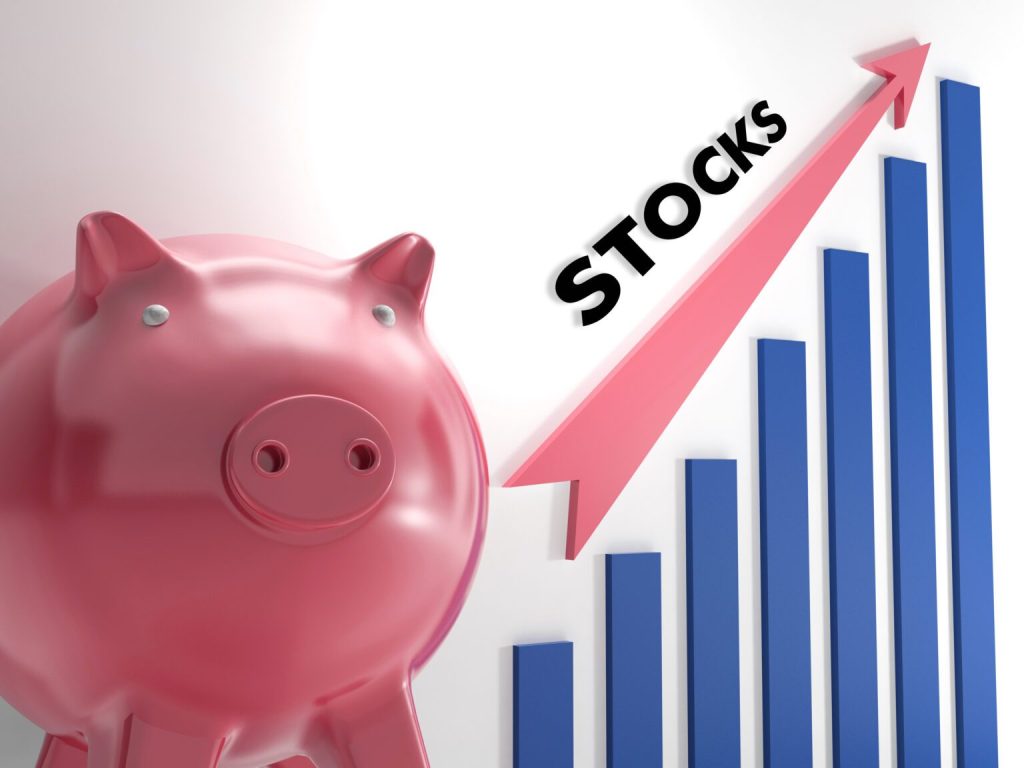

“The stock market is not the economy,” business writers and economists declared during the COVID-19 recession.
According to the Internet Archive, which has a vast library of cable news transcripts, guests on cable news networks — CNBC, CNN, Fox News, MSNBC, and others – said the phrase roughly 100 times in the last year. This is up from 17 cases in 2019, 59 in 2018, and a few in 2011. The word first came up in a Google search in May 2009, and it peaked in November 2020.
Paul Krugman, a Nobel Laureate and New York Times writer, wrote in August on the weak link between stock markets and the economy, concluding that “stocks are up.” “Why should we be concerned?” Since at least 2007, Kai Ryssdal, host of the American Public Media business show “Marketplace,” has been a lover of the phrase.
When people say “the stock market isn’t the economy,” they usually mean that the daily performance of major stock indices that track the value of the country’s largest companies, such as the S&P 500 and Dow Jones Industrial Average, has little to no bearing on what’s going on in most people’s lives.
As the country tries to make sense of hundreds of President Donald Trump’s supporters storming the United States Capitol on Jan. 6, destroying federal property and killing five people, including a Capitol Police officer, the disconnect between stock indices and the real world may seem especially acute.
“Currently, the stock market is being buoyed by the belief that the [Federal Reserve], backed by the incoming administration, will continue to pump cash into the markets,” University of Warwick economist Roger Farmer told Journalist’s Resource by email Jan. 8. “While unemployment is high, as it still is today, the cash injections will fuel stock market growth and the wealth created by that growth will fuel increases in consumer purchases and a steady reduction in unemployment.”
When people say “the stock market isn’t the economy,” they usually mean that the daily performance of major stock indices that track the value of the country’s largest companies, such as the S&P 500 and Dow Jones Industrial Average, has little to no bearing on what’s going on in most people’s lives.
As the country tries to make sense of hundreds of President Donald Trump’s supporters storming the United States Capitol on Jan. 6, destroying federal property and killing five people, including a Capitol Police officer, the disconnect between stock indices and the real world may seem especially acute.
Another reason is that, as senior investor Barry Ritholtz notes in an August 2020 Bloomberg Opinion piece, businesses that have been heavily impacted by the pandemic recession, such as retail and dining, account for a small percentage of the overall value of the main stock indices. A few huge tech businesses, such as Alphabet, Apple, and Facebook, are far more essential to market performance, and Ritholtz believes that “the pandemic lockdown in the United States has benefited the giant tech corporations’ sales and earnings.”
It’s worth noting that the Federal Reserve may make policy decisions that are largely unaffected by political considerations. The central bank may acquire corporate bonds and maintain interest rates low without the need for Congress to adopt legislation. Large-scale, meaningful measures that many economists believe helped average Americans — such as financial relief to households and small businesses affected by the pandemic — were implemented in March, but further relief packages were stymied by a politically divisive legislative environment for the majority of 2020.